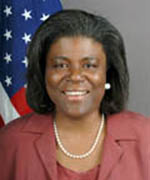Folks–
I screwed up
In my last post, I recommended you buy The Book on Writing: The Ultimate Guide to Writing Well and set up an account n 750words.com. The website would motivate you to write at least 750 words (three pages) as practice.
However, I visited 750words.com earlier in the week and discovered that as of May 1, the site is now asking for $5.00/month to use the website.
While I still think the site is excellent, kudos to Buster and Kellianne Benson who created it, I don’t expect you to pay $5.00 a month.
I have found a great substitute — QuietWrite.com — which is still in Beta and free. They count your words, give you a pleasant full display for writing, but they don’t have the kick you in the ass” reminders or passion that 750words.com has. Still, either use QuietWrite or use Word; the point is to practice.


Recent Comments